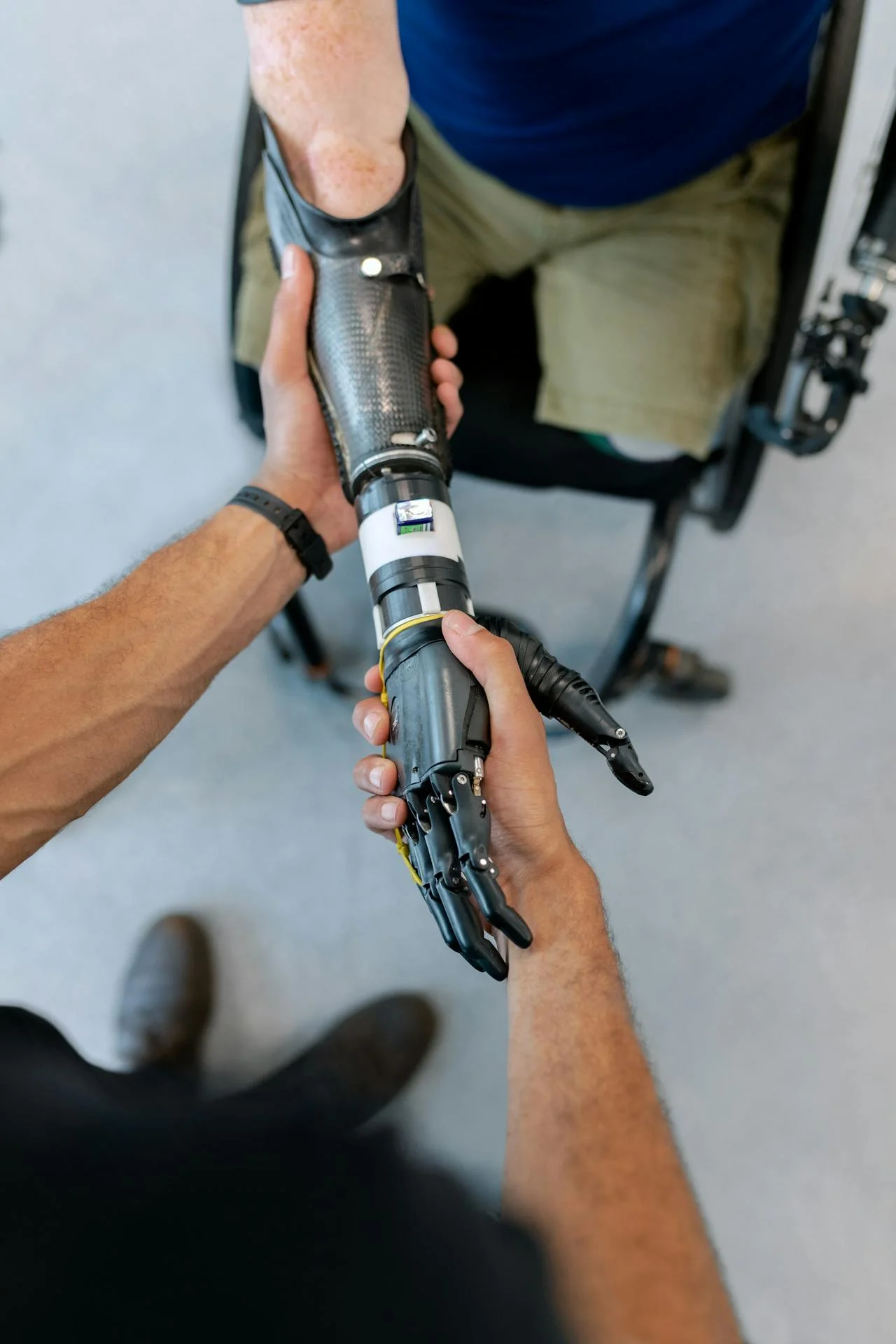Robotics has emerged as one of the most transformative fields in modern technology, reshaping industries and our daily lives in unprecedented ways. As we stand on the cusp of a new era in robotics, several key innovations are driving the industry forward, offering a glimpse into a future where robots play an integral role in various aspects of society. This blog post explores some of the most exciting advancements in robotics and their potential impact on the world.
1. Autonomous Robots: The Next Frontier
Autonomous robots are rapidly evolving, thanks to advancements in artificial intelligence (AI) and machine learning. Unlike traditional robots, which require manual control or programming for each task, autonomous robots are designed to operate independently in dynamic environments. These robots use AI to interpret sensor data, make decisions, and adapt to changing conditions in real time.
In industries such as logistics and manufacturing, autonomous robots are revolutionizing operations by performing tasks like inventory management, quality control, and assembly with minimal human intervention. For instance, autonomous drones are now used for warehouse management, navigating through cluttered spaces to deliver goods efficiently.
2. Human-Robot Collaboration: Enhancing Productivity
Another significant trend in robotics is the rise of collaborative robots, or cobots. Unlike traditional industrial robots that operate in isolation, cobots are designed to work alongside humans, enhancing productivity and safety. These robots are equipped with advanced sensors and AI algorithms that enable them to interact safely and effectively with human workers.
Cobots are increasingly used in manufacturing environments where they handle repetitive or hazardous tasks, allowing human workers to focus on more complex and creative activities. This collaboration not only boosts efficiency but also improves workplace safety by taking over dangerous or physically demanding jobs.
3. Soft Robotics: Flexibility and Adaptability
Soft robotics represents a novel approach that mimics the flexibility and adaptability of natural organisms. Unlike traditional robots made from rigid materials, soft robots are constructed from flexible materials that can deform and adapt to various shapes and surfaces. This design enables them to perform delicate tasks and navigate complex environments that would be challenging for rigid robots.
Soft robots are making strides in fields such as healthcare, where they are used for minimally invasive surgeries and prosthetics that better conform to the human body. Their versatility also extends to agricultural applications, where they can handle fragile crops without causing damage.
4. Robotics in Healthcare: Revolutionizing Medical Treatments
The integration of robotics in healthcare is transforming patient care and treatment. Surgical robots, such as the da Vinci Surgical System, allow for highly precise operations with smaller incisions, resulting in faster recovery times and reduced risk of complications. These robots offer surgeons enhanced dexterity and control, leading to better surgical outcomes.
In addition to surgical robots, rehabilitation robots are aiding in physical therapy and recovery. These robots assist patients with mobility impairments by providing targeted exercises and feedback, helping them regain strength and coordination more effectively.
5. Ethical and Social Considerations
As robotics technology advances, ethical and social considerations become increasingly important. Issues such as job displacement, privacy concerns, and the ethical use of autonomous systems must be addressed to ensure that robotics benefits society as a whole. Developers, policymakers, and ethicists are working together to create frameworks that promote responsible innovation and address potential challenges.
Conclusion
The field of robotics is advancing at a remarkable pace, with innovations that promise to revolutionize various aspects of our lives. From autonomous robots and human-robot collaboration to soft robotics and medical applications, these technological advancements are reshaping industries and improving human well-being. As we continue to explore the potential of robotics, it is essential to balance innovation with ethical considerations to ensure that these technologies contribute positively to society and enhance our collective future.





















